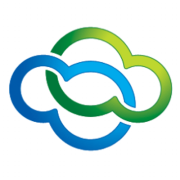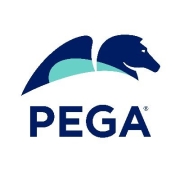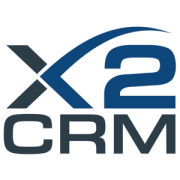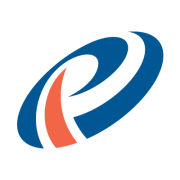Sales Force Automation streamlines sales processes by automating repetitive tasks such as order processing, contact management, and sales forecasting, allowing sales teams to focus on building customer relationships and closing deals.
This technology improves efficiency and effectiveness in sales operations by providing tools that automate and enhance daily sales tasks. Common features include those that support managing customer interactions and analyzing sales forecasts. These solutions are essential in helping businesses optimize their sales processes, track customer interactions, and gain insights from sales data to improve decision-making and strategies.
What are the critical features of Sales Force Automation?Industry-specific implementations of Sales Force Automation vary, with retail sectors using it primarily for inventory management and customer interaction tracking, while in the healthcare industry, it's used for managing patient information and streamlining the communication between practitioners and clients.
This category assists organizations by automating and simplifying sales processes, allowing for increased productivity and enabling teams to focus on core sales activities, enhancing overall business performance.


































Sales Force Automation streamlines and automates repetitive tasks, freeing up your sales team's time to focus on building relationships and closing deals. It provides valuable insights into sales performance and customer behaviors, allowing you to optimize processes and strategies. By automating lead management, contact management, and report generation, SFA enhances efficiency and accuracy in tracking sales activities.
What are the key features to look for in Sales Force Automation software?When selecting Sales Force Automation software, prioritize features like lead and contact management, real-time sales tracking, email integration, and robust reporting tools. Look for customizable dashboards and analytics that offer insights into sales performance. Integration with CRM systems and scalability options are essential for aligning SFA with your existing workflows and future growth.
How does Sales Force Automation software enhance customer relationship management?Sales Force Automation software enhances customer relationships by providing sales teams with comprehensive views of customer interactions and histories. This allows personalized communication and timely follow-ups, improving customer satisfaction and loyalty. Automated reminders and alerts ensure that no customer engagement opportunity is missed, enabling more meaningful connections and long-term relationships.
What is the ROI of implementing Sales Force Automation solutions?The ROI of implementing Sales Force Automation solutions is seen in increased sales efficiency, higher conversion rates, and improved forecast accuracy. By reducing manual entry errors and time spent on administrative tasks, your team can focus on opportunities that directly impact your bottom line. Enhanced data insights allow better resource allocation and informed decision-making, leading to revenue growth.
How does Sales Force Automation contribute to data-driven decision-making?Sales Force Automation contributes to data-driven decision-making by collecting and analyzing vast amounts of sales data, providing actionable insights through detailed reports and analytics. This data helps identify trends, forecast outcomes, and tailor strategies to maximize sales opportunities. Enhanced visibility into sales pipelines allows you to make informed choices and quickly adapt to changing market conditions.